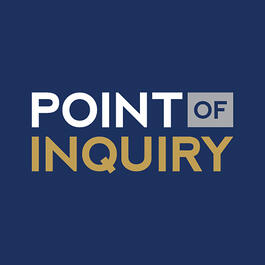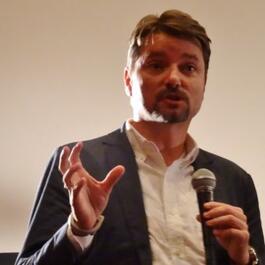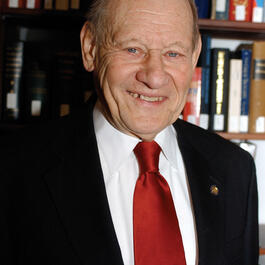
Paul Kurtz is the leading figure in the humanist and skeptical movements over the last four decades. He is Professor Emeritus of Philosophy at the State University of New York at Buffalo. As chair of the Committee for the Scientific Investigation of Claims of the Paranormal (CSICOP), the Council for Secular Humanism, and Prometheus Books, and as editor-in-chief of Free Inquiry Magazine, he has advanced a critical, humanistic inquiry into many of the most cherished beliefs of society for decades. He is a Fellow of the American Association for the Advancement of Science, and has been featured widely in the media on topics as diverse as reincarnation, UFO abduction, secular versus religious ethics, communication with the dead, and the historicity of Jesus. During this conversation with D.J. Grothe, Paul Kurtz discusses the importance of creativity in terms of outreach for the skeptical and secular humanist movements. He talks about the his book Forbidden Fruit, which focuses on the application of science and reason to the Good Life and to normative ethics. He argues that ethics need not have religious foundations, and that ethics should instead have purely secular and humanist sources. He explores the secular meanings of stories about the mythical Garden of Eden, and actually celebrates the eating of the fruit of the tree of the Knowledge of Good and Evil, and of the fruit of the Tree of Life. He argues that the universalistic ethics within the world's religions in fact stem from secular humanism. He details what it is to live a life of excellence and defends against the charge that his ethics is self-centered and self-absorbed, arguing for good will in a secular context, and that the common good is not alien to enlightened self-interest. He touches on the secular position on controversial social issues, such as abortion and sexual ethics, including gay rights and gay marriage. He expounds on what he calls the "common moral decencies," which he argues are a product of evolution. He finishes by discussing the myth of Sisyphus and what it portends for the scientific secularist today, arguing against nihilistic atheism.
From "Point of Inquiry"




Comments
Add comment Feedback